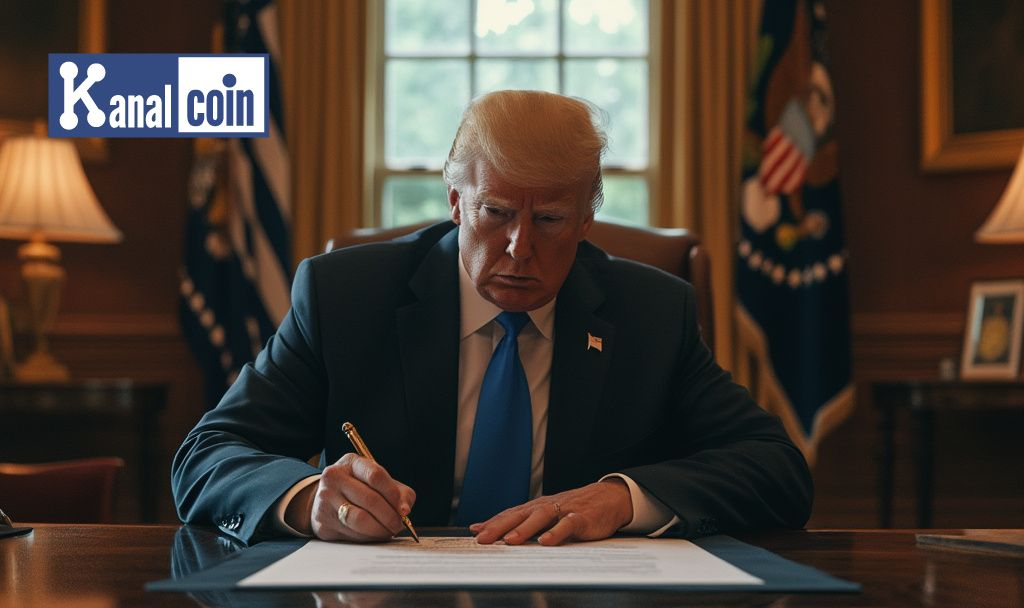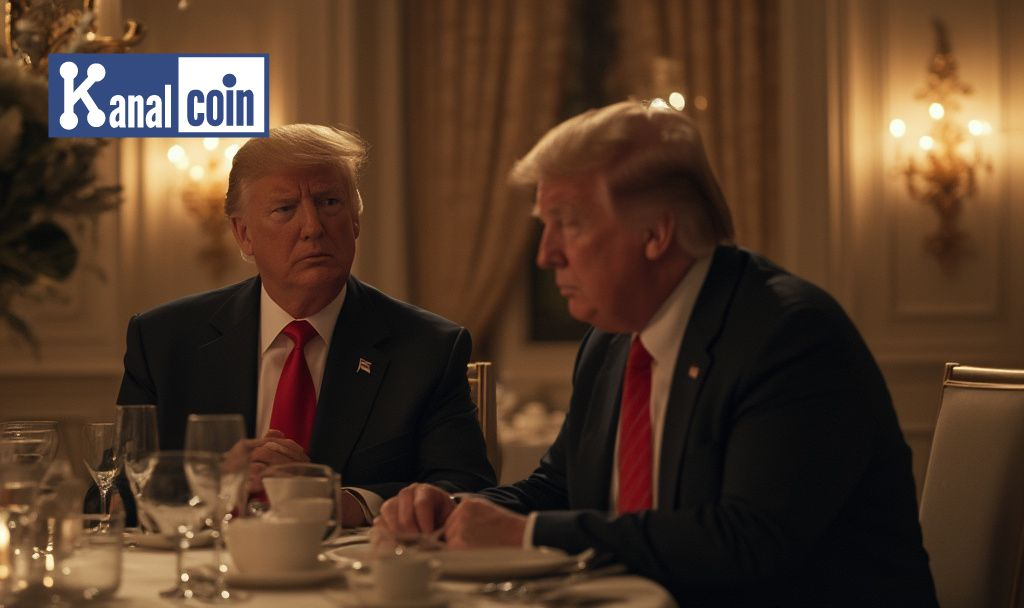
President Donald Trump signed a landmark cryptocurrency bill into law, overturning a contentious IRS rule against decentralized finance, marking the first presidential approval of crypto legislation.
This event signals a pivotal shift in U.S. crypto policy, potentially easing the regulatory landscape and influencing market trends positively, as experts and market participants analyze the implications.
Trump Repeals IRS Rule Hindering DeFi Platforms
The crypto bill, signed into law by President Trump, targets an IRS rule that posed challenges for DeFi platforms. It marks the first presidential action endorsing cryptocurrency regulations, emphasizing its growing importance in the financial sector.
The legislation received bipartisan support, highlighting the need for a cohesive approach to crypto regulation. It sets a precedent for government involvement in the emerging technology and seeks to balance innovation with regulatory oversight.
“These heavy-handed federal regulations risk pushing American cryptocurrency entrepreneurs abroad when we should be nurturing this sector domestically,” said Senator Cynthia Lummis, Chair of the Subcommittee on Digital Assets.
DeFi Market Sees Positive Repercussions After Repeal
The repeal of the IRS rule could ease operational challenges for DeFi platforms, possibly boosting participation in the crypto market. Analysts suggest this may lead to increased investment and innovation within the sector.
Market reactions were immediate, with crypto prices showing resilience. Analysts point to the bill as a potential catalyst for long-term growth, offering clarity and stability that users and investors have long sought. Historical trends suggest a positive shift.
U.S. Sets New Precedent in Global Crypto Leadership
Similar legislative actions in other jurisdictions have led to mixed outcomes, but the United States’ role as a global leader could model future crypto policies. Historical data indicates that such decisions can vastly influence market dynamics.
Insights from Kanalcoin experts suggest the move aligns with broader international trends favoring crypto innovation. Data indicates the U.S. may now play a pivotal role in furthering global crypto adoption and shaping regulatory standards.









